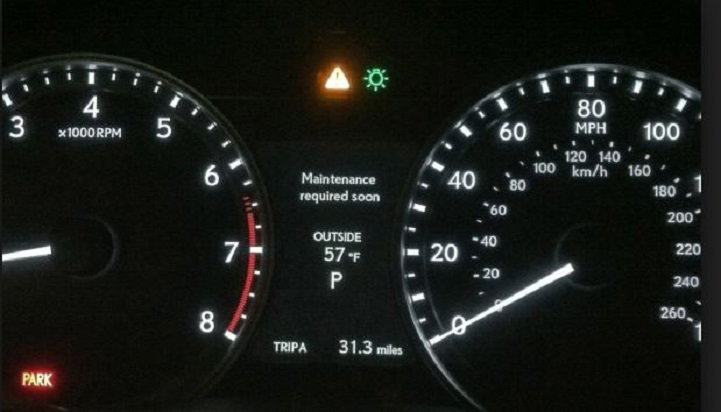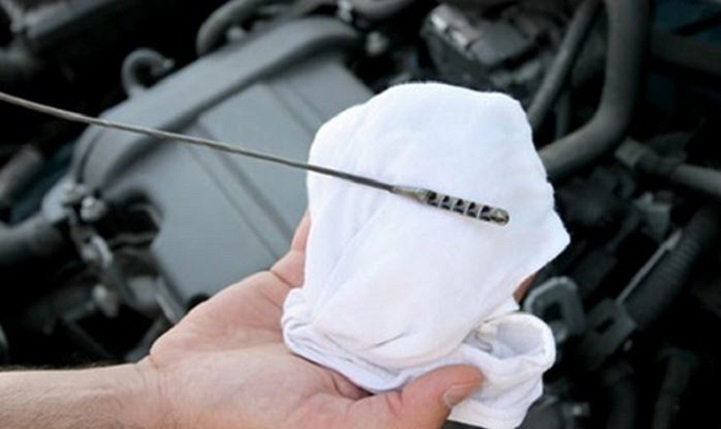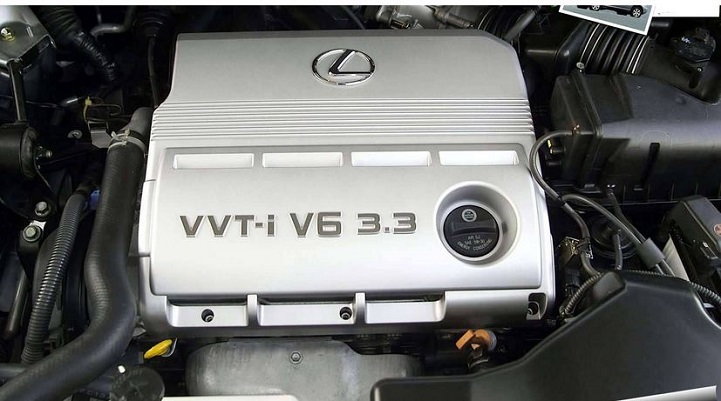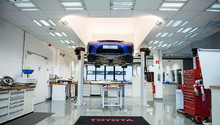Lexus: 5 Tips to Keep Your Car Running for a Long Time
You can keep your car running long and strong by following certain rules. Here are five of the most important ones.
This article applies to the Lexus IS, ES, GS, and RX (2005-2013).
Cars were not meant to run forever, but you can make them run for quite a long time. Little problems tend to become big problems if they are ignored, and we all know that big automotive problems cost big money. Many people fall into the trap of thinking they are saving money by skimping on routine maintenance items or trying to stretch out the oil change intervals. This usually backfires because during these routine checks is when little problems are caught and fixed before they become big problems or cause other expensive issues.
Spending a little now can certainly prevent spending a lot later. There are several things that you can do, or that you should do, to keep your ride running strong and long into the future. Read on to learn and apply the top five things that you should be doing to make your Lexus last.
Top Five Tips That Keep Your Car on the Road
Tip #1 – Follow Service Maintenance Schedule
Making sure that you always take your Lexus in at the recommended intervals is the smartest thing you can do. Don't fall into the habit of letting these intervals slide, trying to stretch them out a little longer and then a little longer in order to save a few bucks. This will come back to bite you. These maintenance intervals are designed so that your car stays running smoothly for a long time. They are also the best way to head off any problems that may arise. During these maintenance visits, besides oil changes and tire rotation, your mechanic will be inspecting brakes, fluids, electronics and a whole myriad of things that wear out or commonly break down. These items can be fixed early before they go bad and cause other problems. Think of these regular maintenance intervals as regular insurance policies that will keep you on the road for a long, long time.

Tip #2 – Check Fluids and Tire Pressure Regularly
Sometimes, you may have to add some oil before it's time for maintenance. Checking your fluids is the easiest thing that you can do yourself that will help keep your car running great for a long time. Another thing you can easily check is your tire pressure. This may seem like a trivial thing to do; however, high or low air pressure in your tires will lead to premature wear, and possibly uneven wear. This can cause more issues with your alignment, tie rods and suspension that can cost big bucks down the road. Check your tire pressure when the tires are cool.
The fluids that you should check regularly are:
- Transmission fluid: The dipstick has two different marks - low and high; the middle is where you want to be. Check the coloration to make sure that it is clean and translucent (pink). If it is black or you see metal shavings, you have big problems and need to get it checked out sooner rather than later.
- Power-steering fluid: This one is located on the power steering reservoir cap. Check the indicators to make sure the level is correct, and again, check for coloration and make sure that it doesn't look too dirty or even black.
- Engine oil: The most important of all fluids. Remove dipstick, wipe clean, re-insert dipstick, pull back out and check the level. Your oil is going to be pretty black even if it is fairly fresh. Make sure the level is correct and see if it passes the sniff test; It should not smell burnt.
- Antifreeze and brake fluid: Check the reservoirs for proper level.

Tip #3 – Don't Ignore Noises
Your engine makes noise; sometimes it takes some getting used to, especially if this is a new vehicle and a brand you've never owned before. Some models of Lexus have a popping noise while cooling down after a run. These are things you should learn about when you are ready to purchase. Once you first notice a strange, new noise, you should not ignore it. A high-pitched squeal could be an indication of a slipping belt, for example. An ignored slipping belt is going to break. A broken belt can't be ignored for too long because your car is going to stop, overheat, and melt. Listen to your car and check out any sound that just isn't right. You'll save yourself a huge headache and heartburn.

Tip #4 – Drive Gently
Calm driving greatly increases the duration of your car on the road. Shift smoothly, come to a complete stop before going into reverse, and then stop completely again before going back into drive. This reduces the stress on the transmission by a huge amount, which will increase the time it takes before you have to have your transmission replaced, if ever. Don't slam on the brakes or stomp on the throttle. An occasional panic stop or full throttle response to avoid something bad is one thing, and that is okay; however, if this is your regular driving style, your car is going to have more down time than up time. The easier you go on your car, the easier you will go on your gas consumption - as much as 35% in savings.

Tip #5 – Find a Mechanic You Can Trust
Having an honest mechanic, one whom you trust, goes a long way in keeping your car on the road for a long time. You will trust the guidance that your mechanic is recommending and you won't have that nagging feeling that you might be getting ripped off. Your mechanic has a dog in this fight as well. So long as he does right by you, you will always be back for more business. Your mechanic will be able to tell you what is coming down the road to better prepare you to handle the more expensive maintenance visits that you otherwise might try to stretch out or ignore completely. A good mechanic will find things that quite simply a 20-minute oil change center technician just isn't trained to find. Do your homework, get references, and find a mechanic as if you were searching for a babysitter for your child. Your hard work and effort will pay off in the long run.

Featured Video: Tips on Keeping Lexus Running
Common Questions
When Should I Check My Fluids?
In between your regularly scheduled maintenance intervals is likely fine. Once a month is optimal.
How Often Should I Check My Tire Pressure?
Every other week; more often in wide fluctuations in weather. If one day you are in the high 50s and the next, down into the teens, check your tire pressure. Cold weather will make it low; hotter will increase the pressure.
How Do I Know if That Noise is Normal?
If you haven't heard it before, have it checked out. Check out a forum that is dedicated to your make and model, such as Clublexus.com.
Related Sites
- Best Ways to Keep Your Car Running - Cars.com
- Top Five Ways to Make Your Car Run Forever - Edmunds.com
- How to Check the Fluids in Your Car - Wikihow.com






